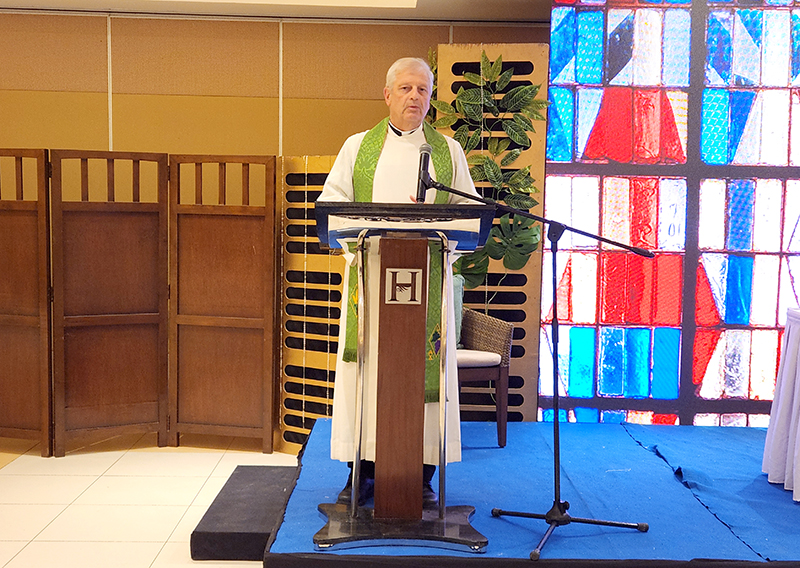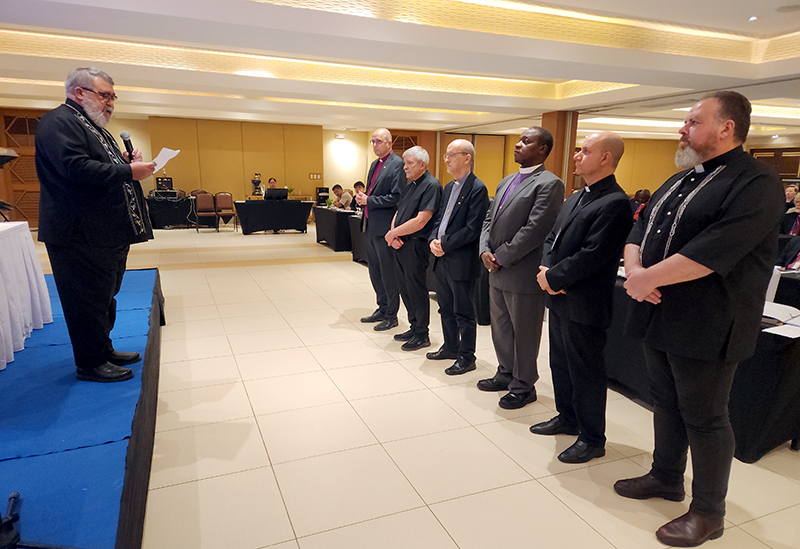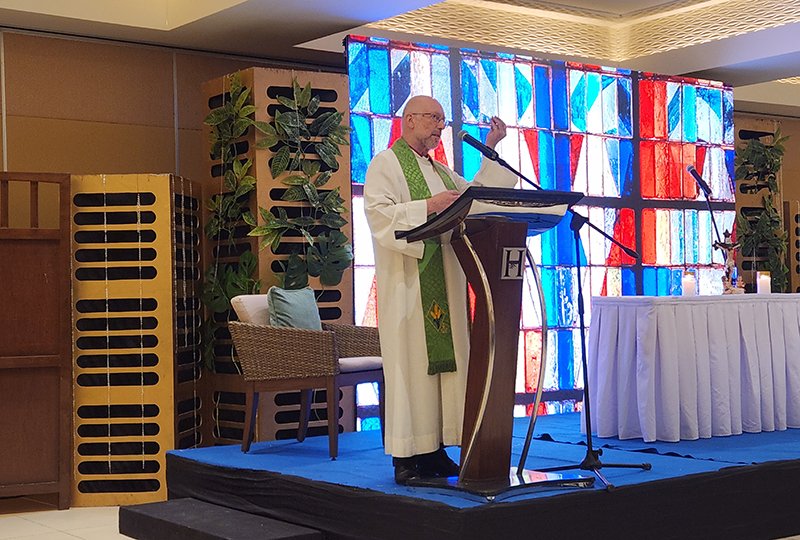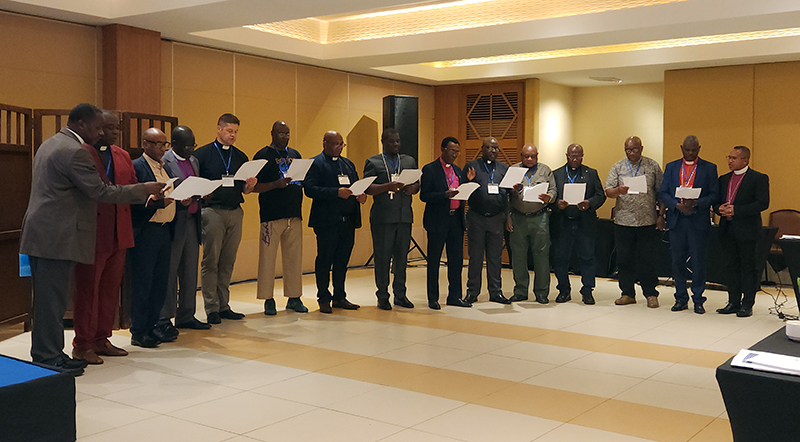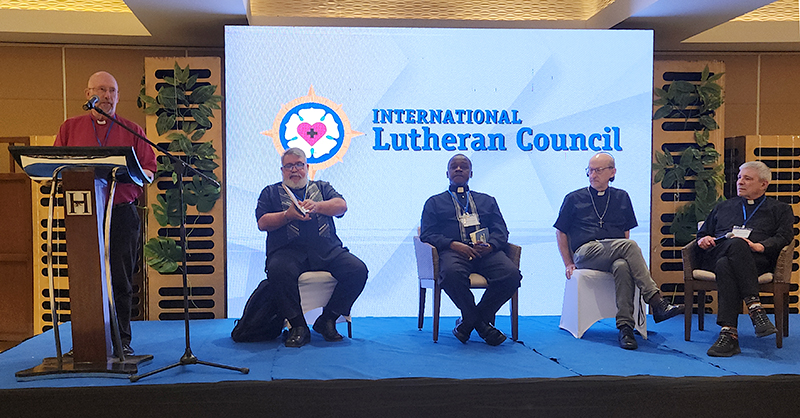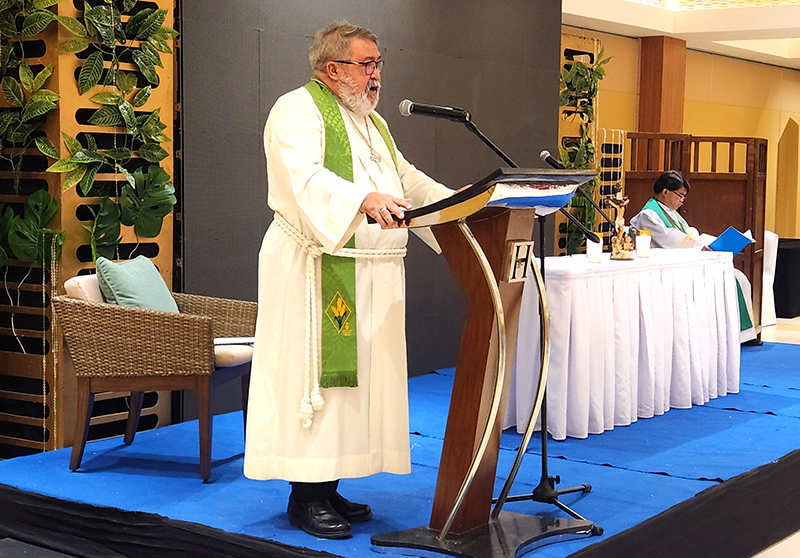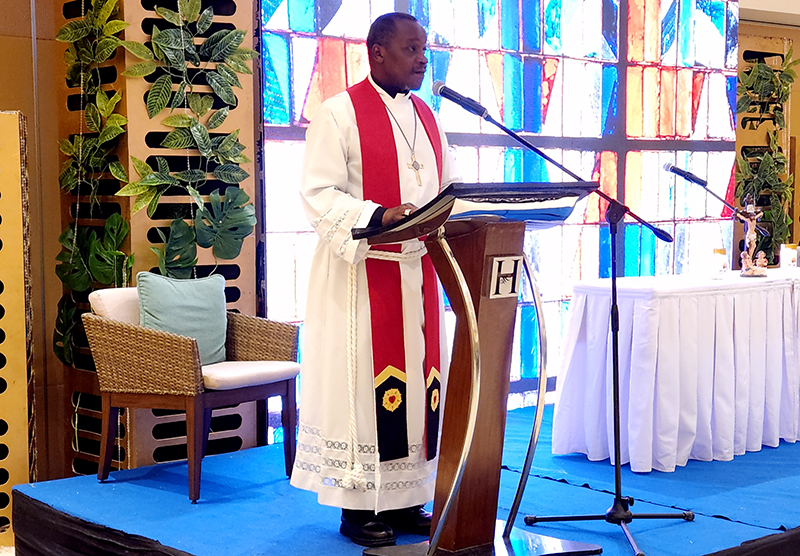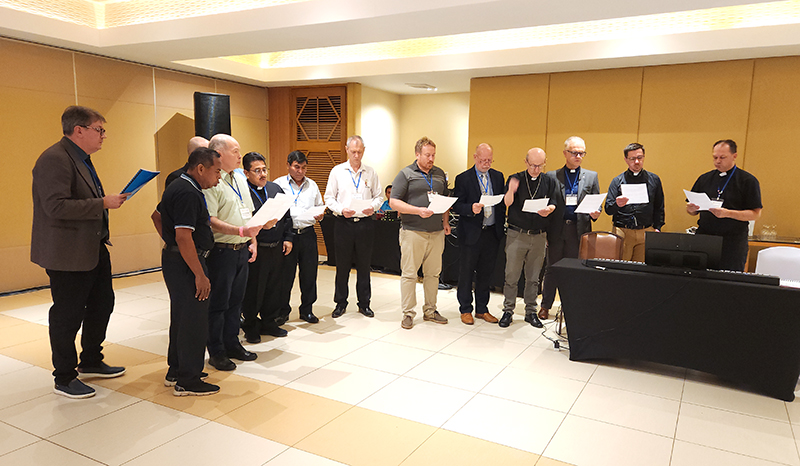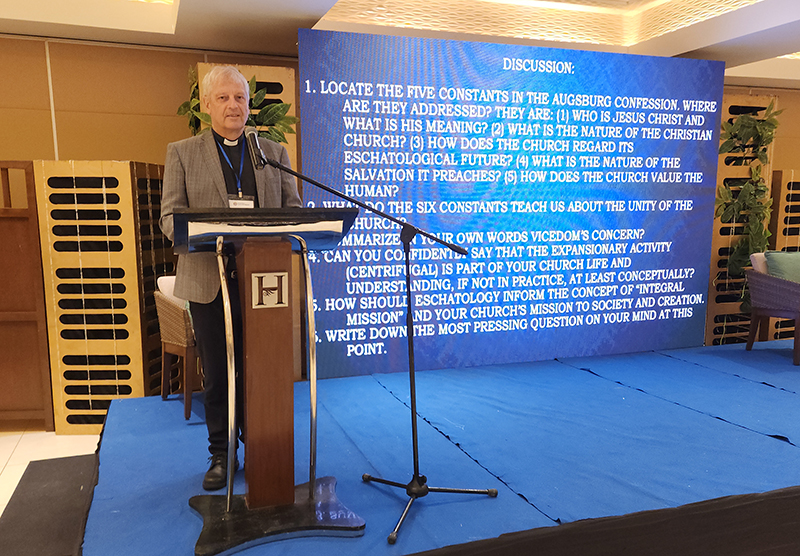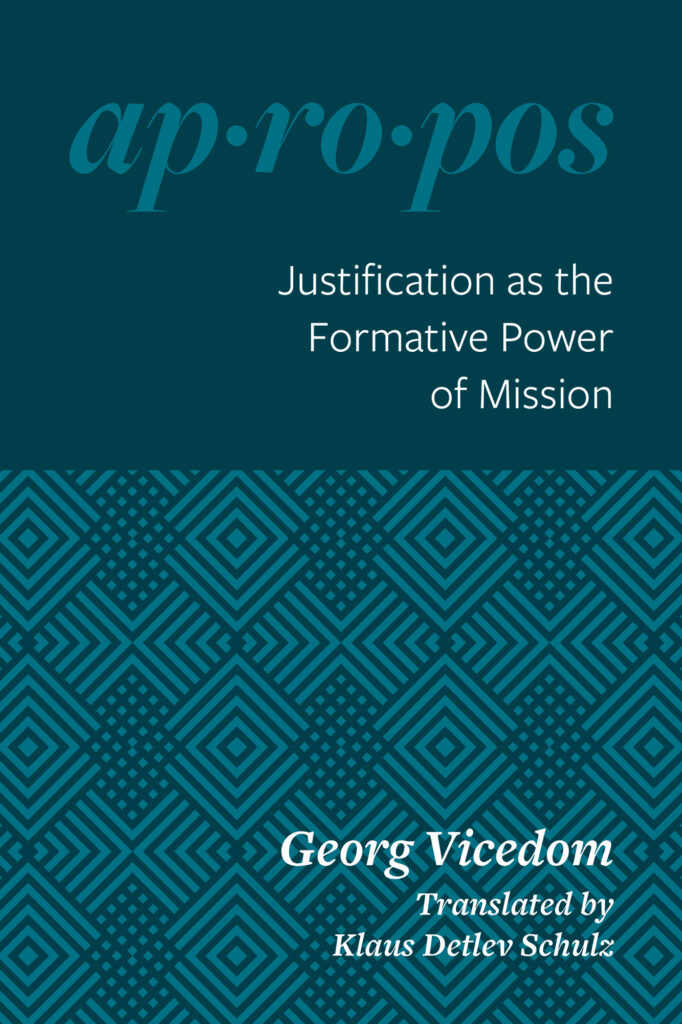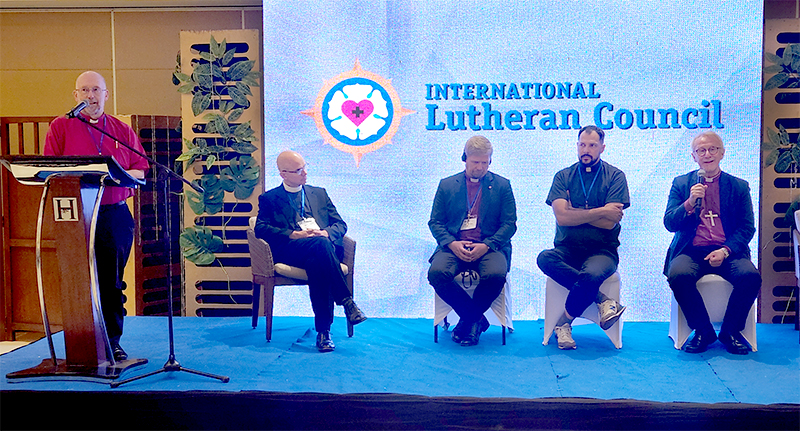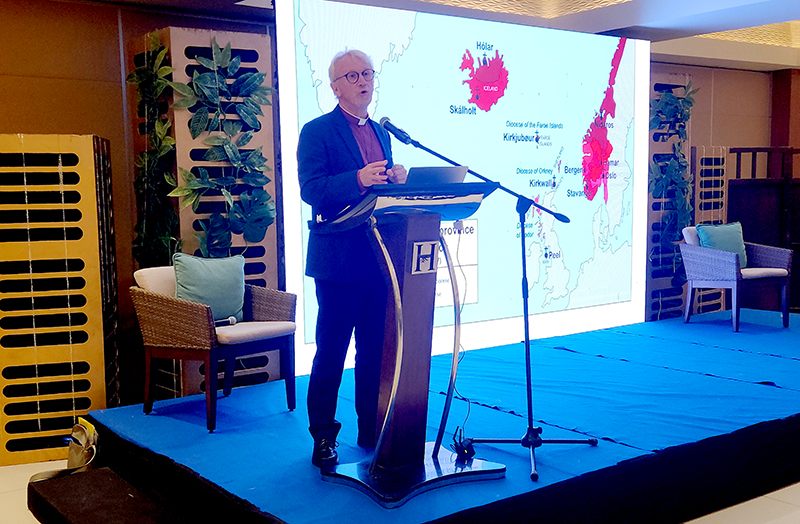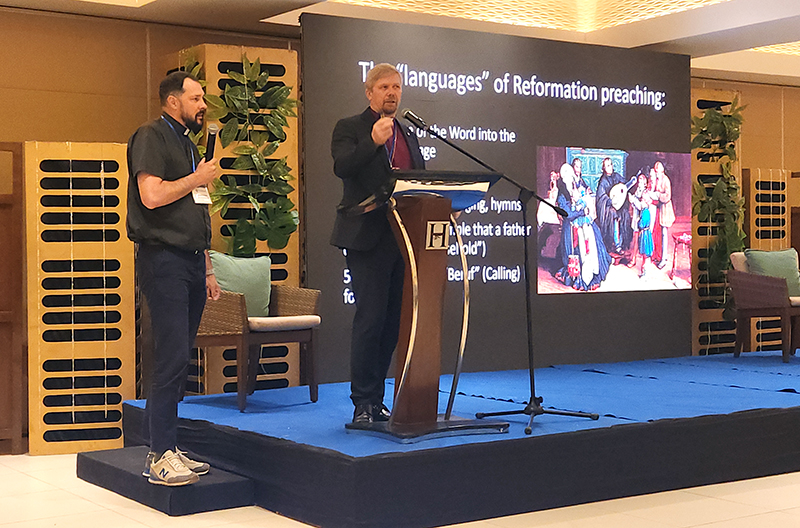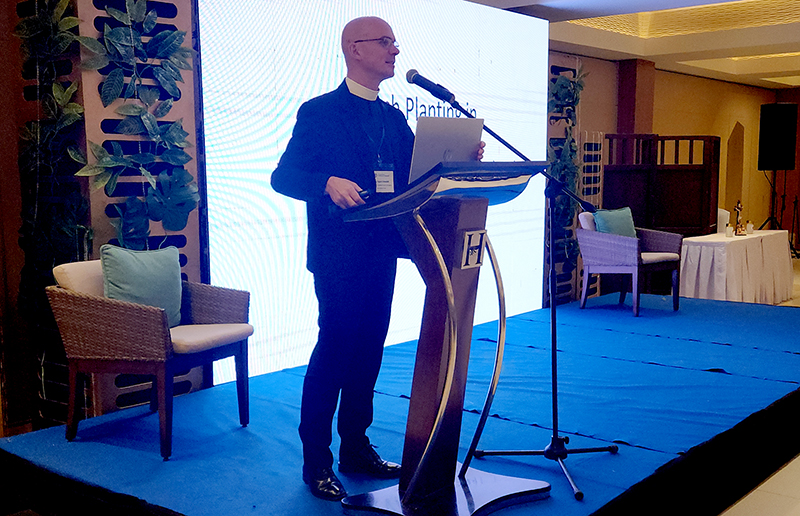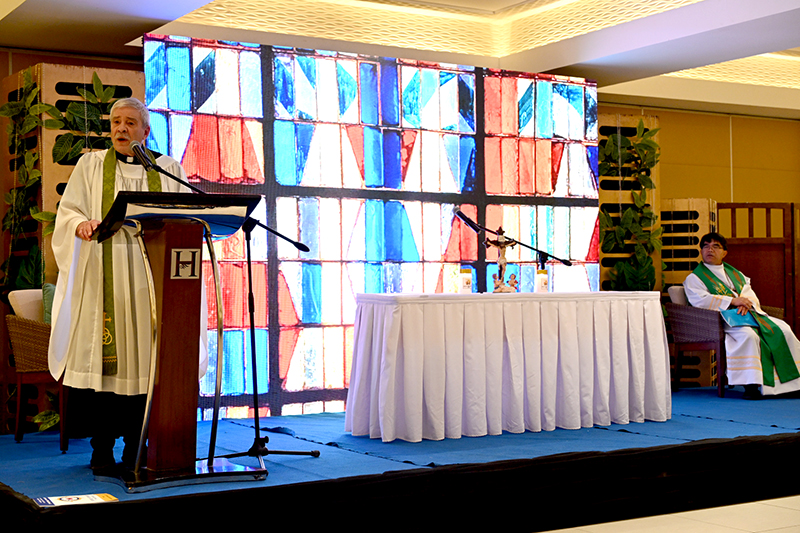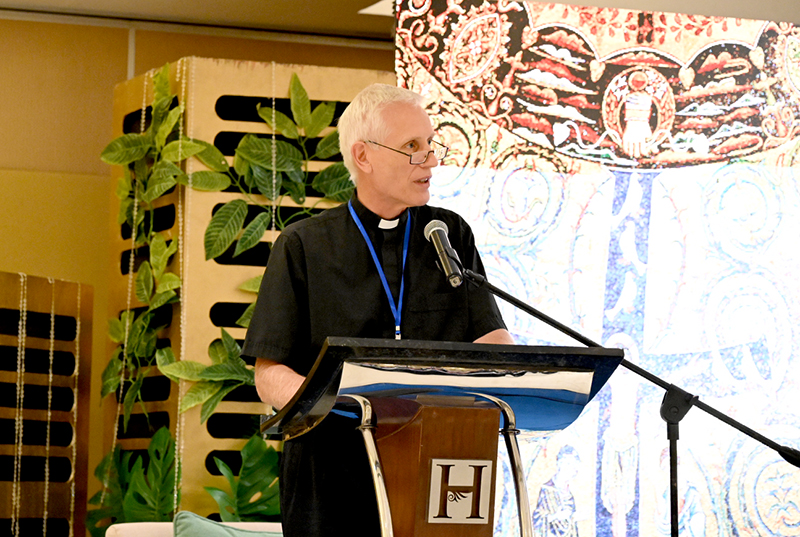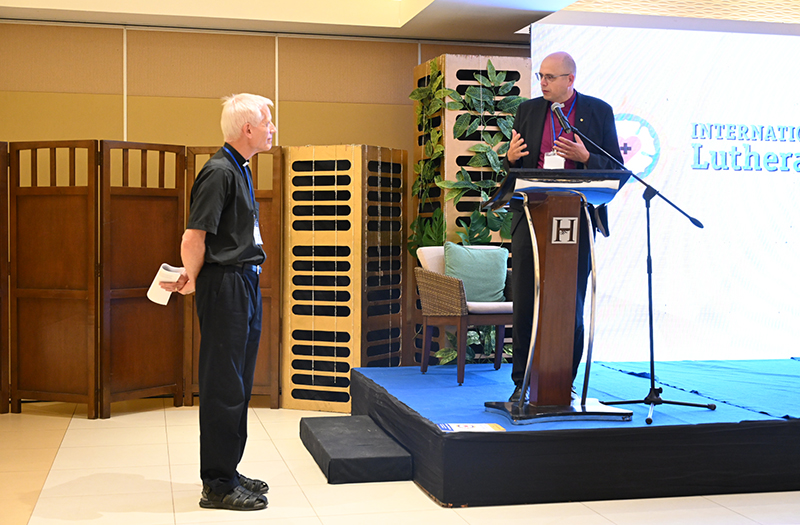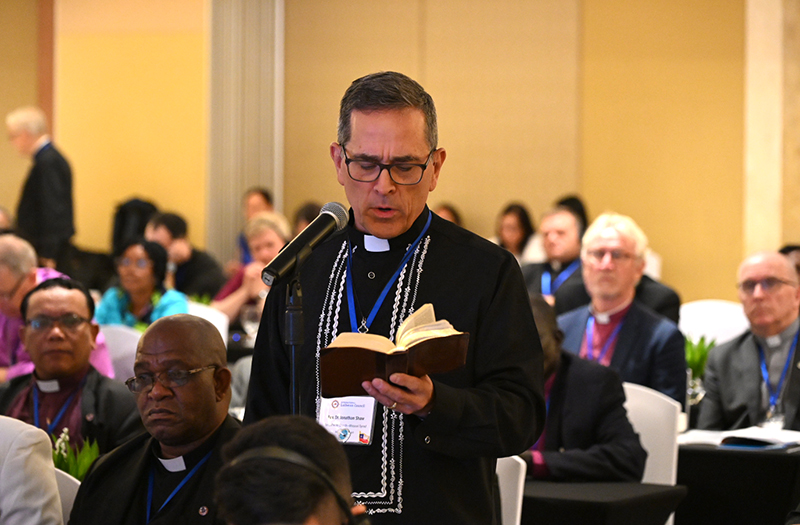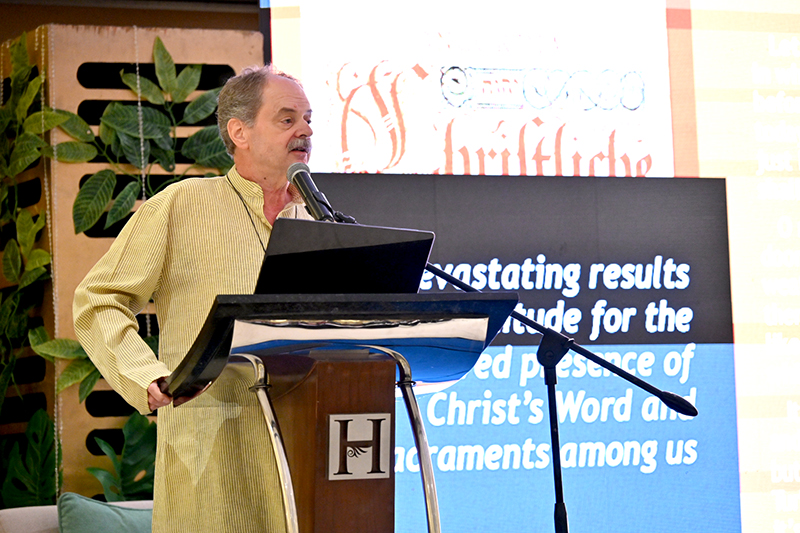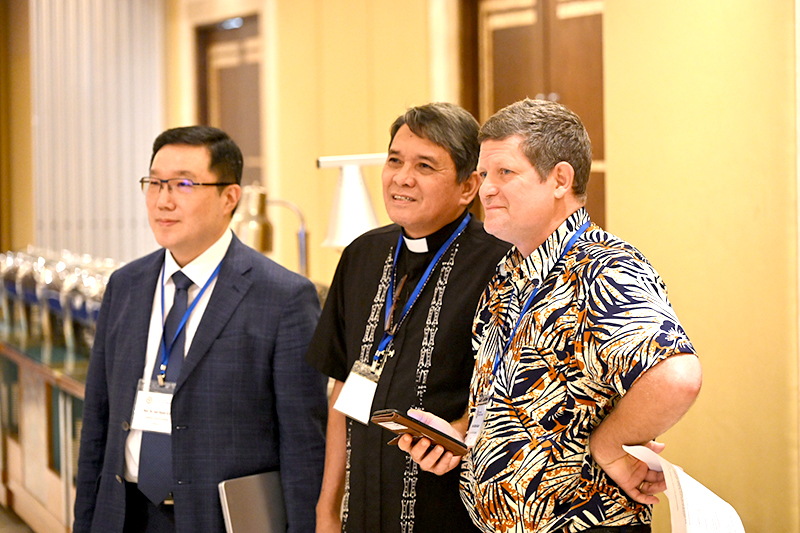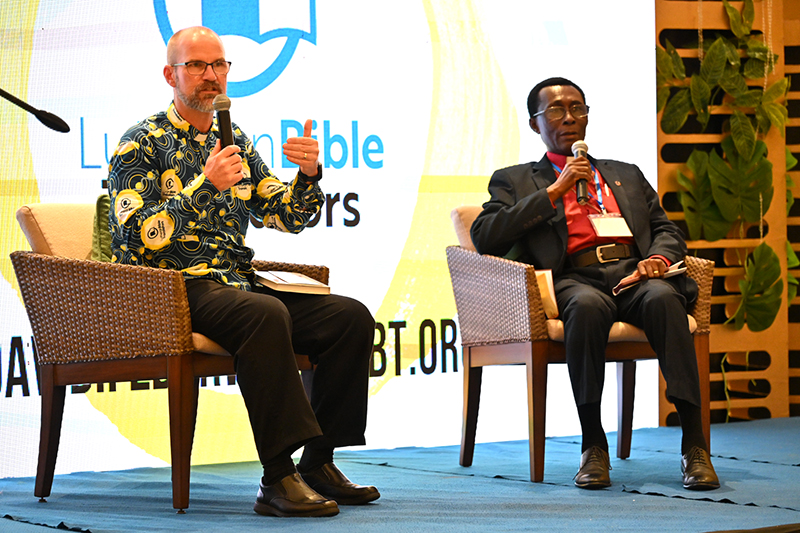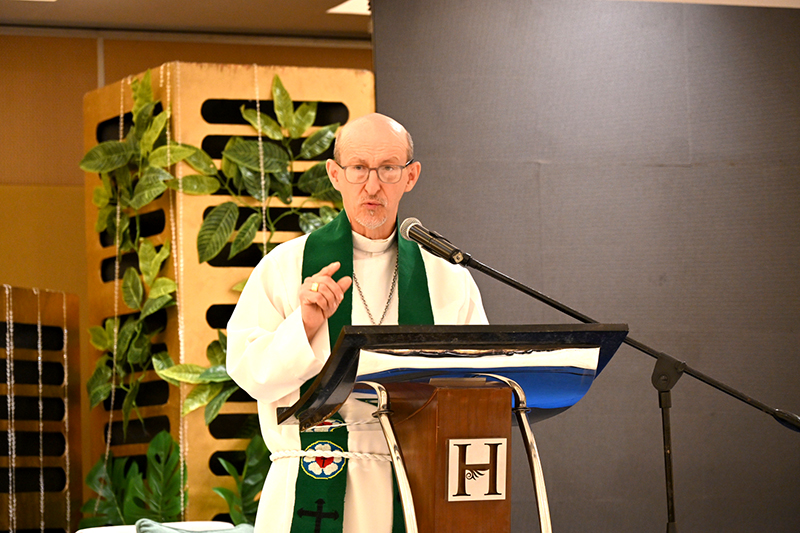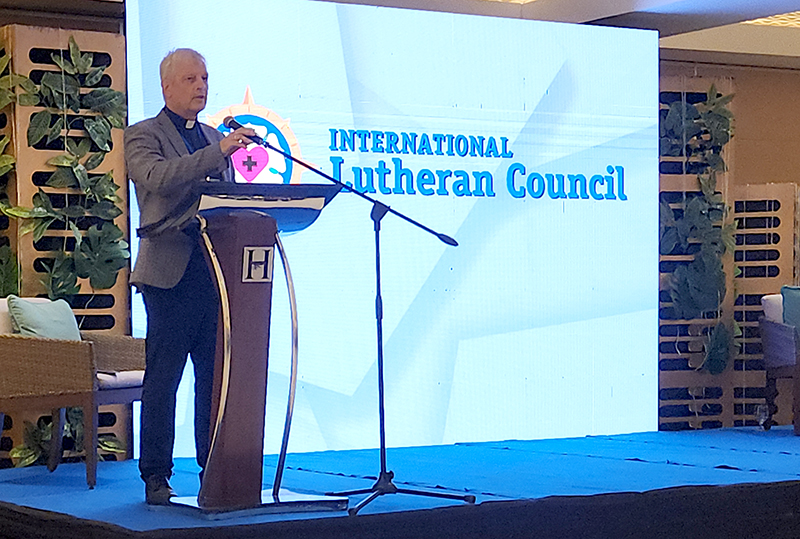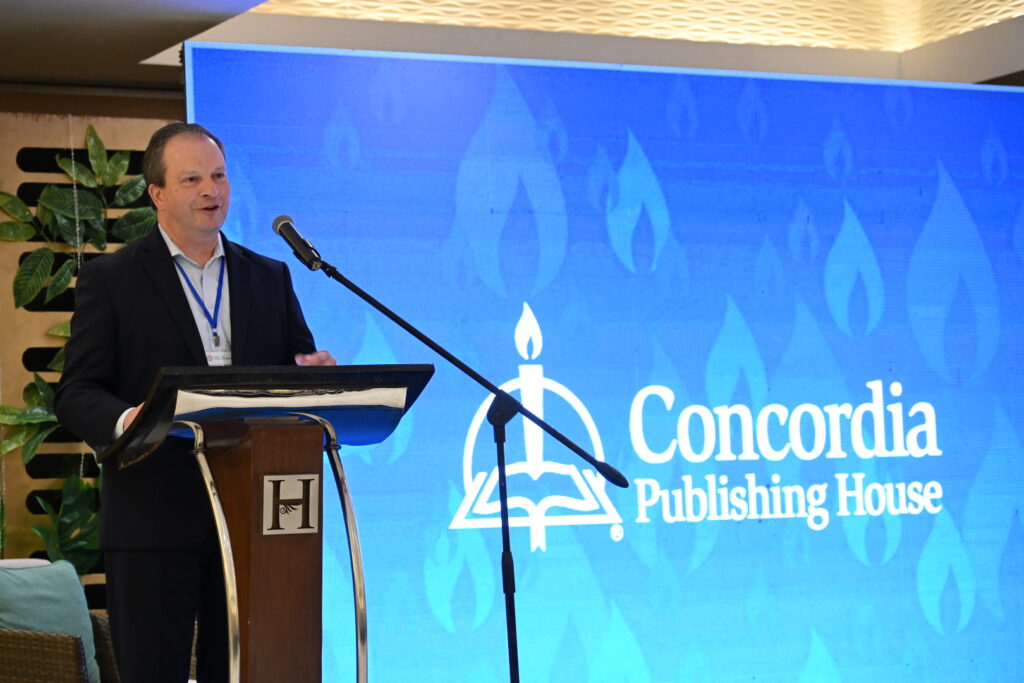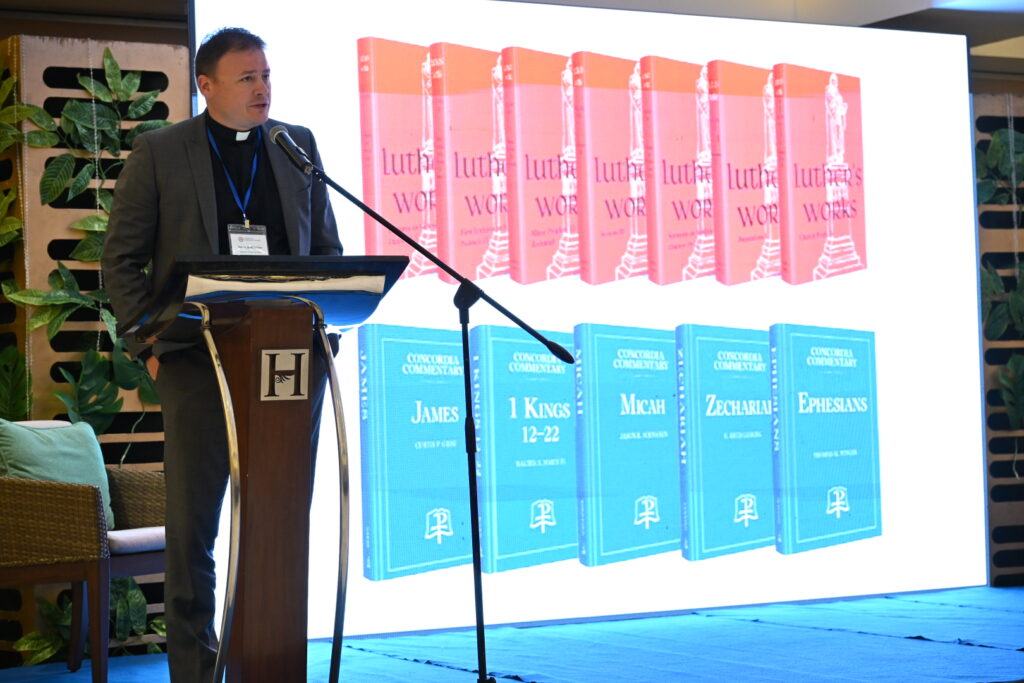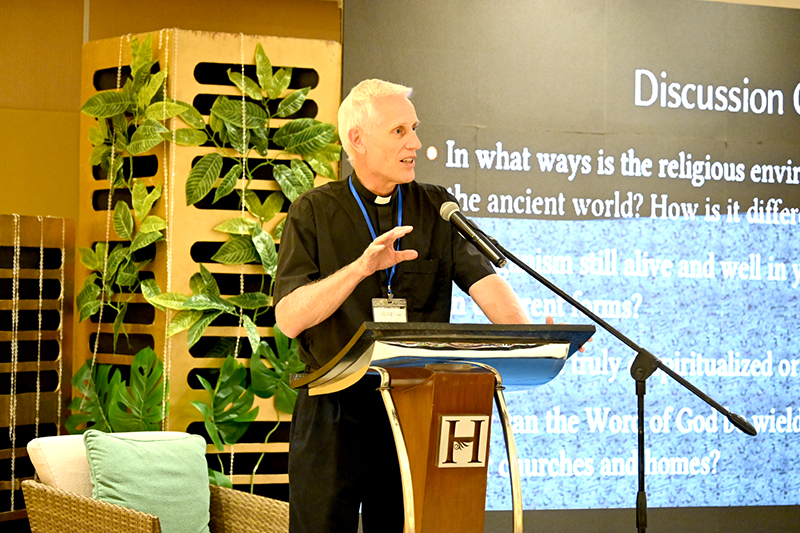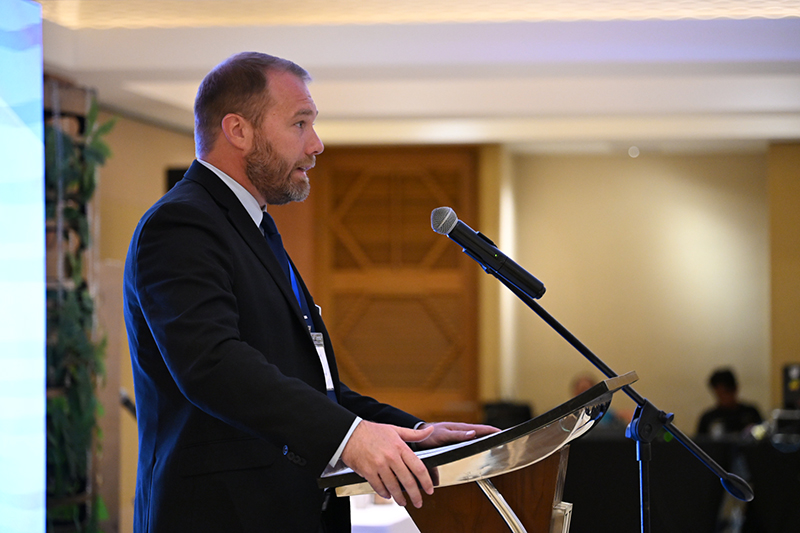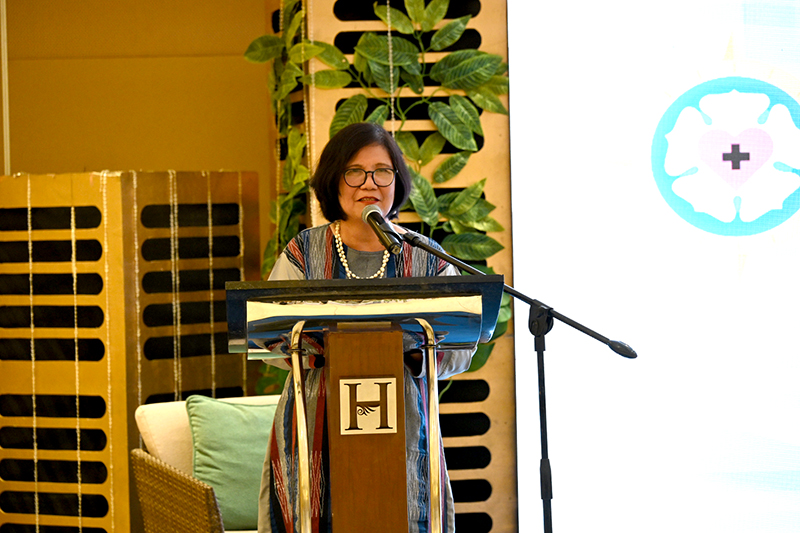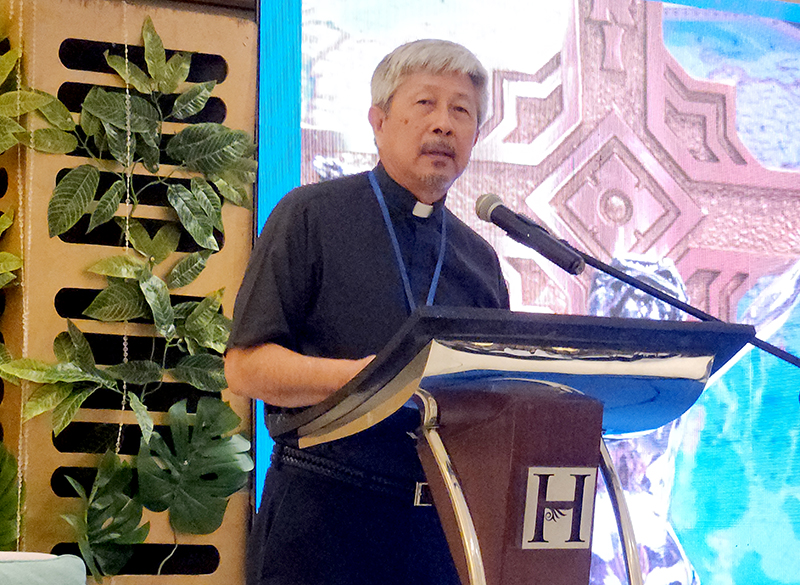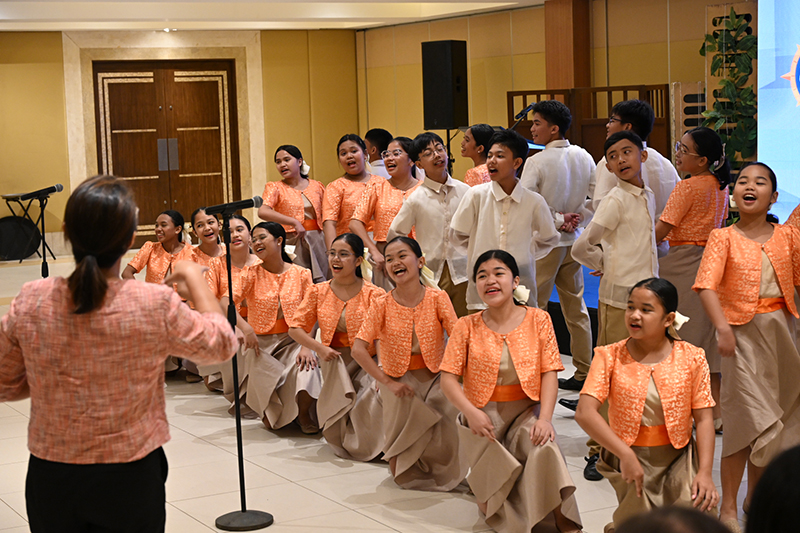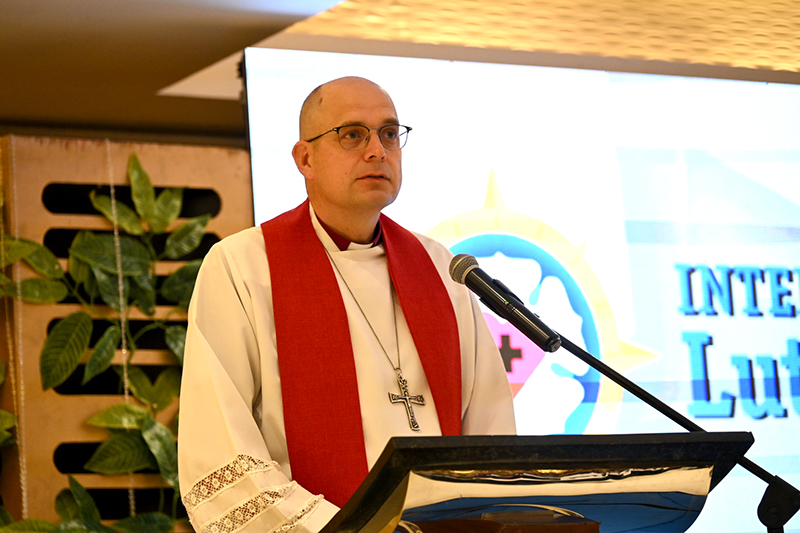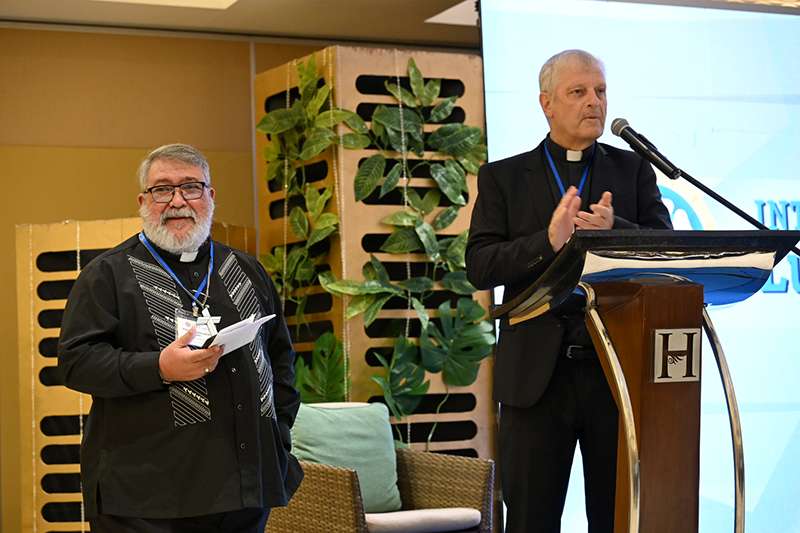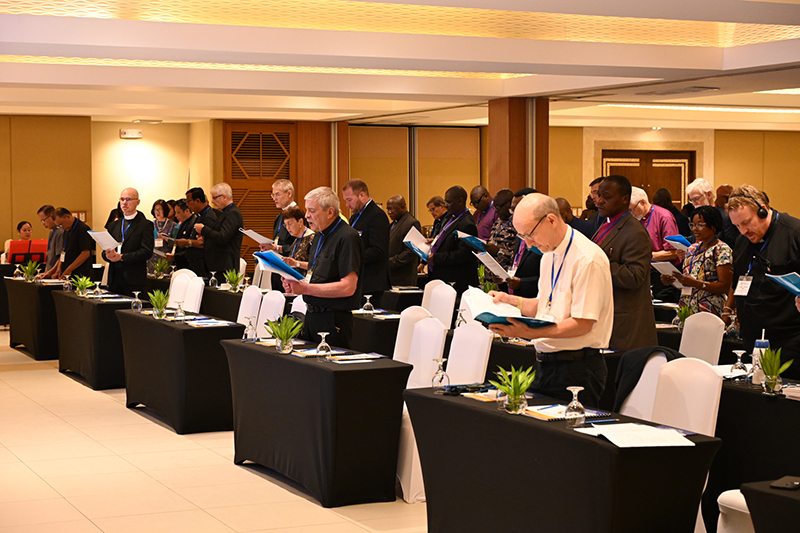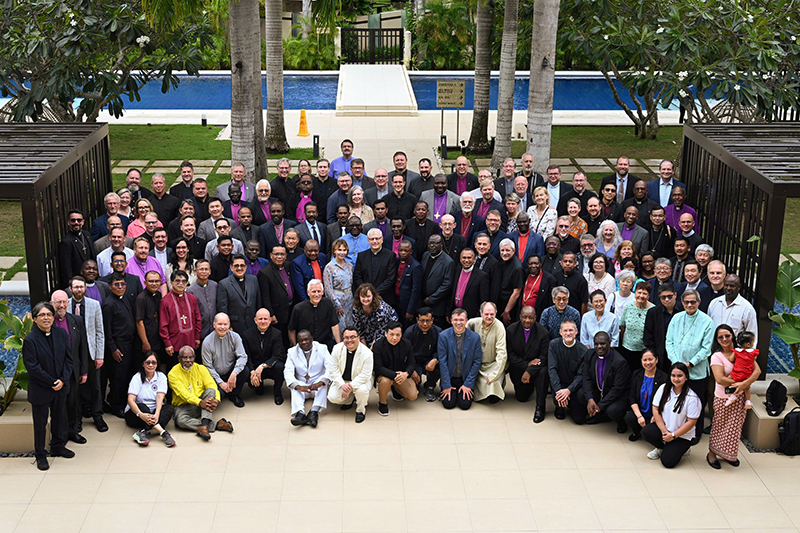
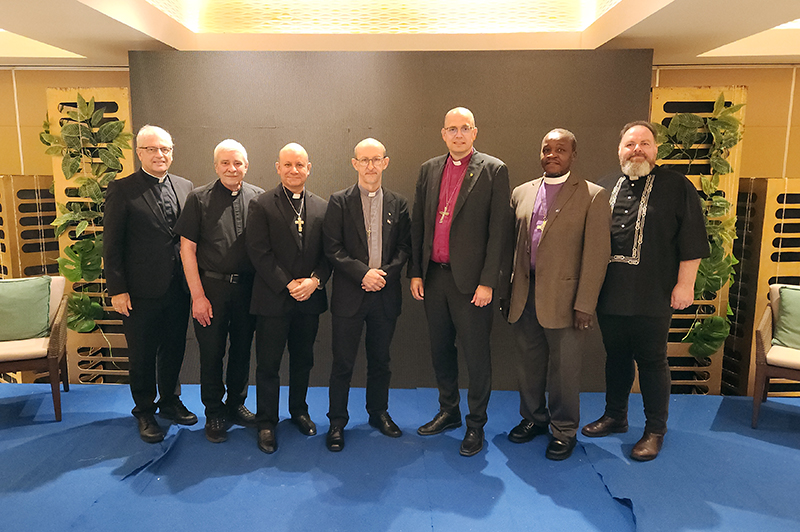
PHILIPPINES – The International Lutheran Council (ILC) held its 28th (13th) triennial World Conference took place September 14-19, 2025, in Panglao, Bohol, Philippines. In total, more than 130 people representing more than 60 different church bodies and 55 nations participated in the event.
During the conference, Bishop Juhana Pohjola of the Evangelical Lutheran Mission Diocese of Finland (ELMDF) was reelected as chairman of the ILC. Bishop Pohjola was first elected to the position in 2022 during the ILC’s World Conference in Kenya. Elected or reelected to serve alongside Chairman Pohjola were:
- Africa – Bishop Charles Bameka (Lutheran Church of Uganda)
- Asia – President Matt Anker (Lutheran Mission – Australia)
- Europe – Archbishop Rinalds Grants (Evangelical Lutheran Church of Latvia)
- Latin America – President Alceu Alton Figur (Evangelical Lutheran Church of Paraguay)
- North America – President Timothy Teuscher (Lutheran Church–Canada)
- Secretary: President Omar Garza (Lutheran Synod of Mexico)
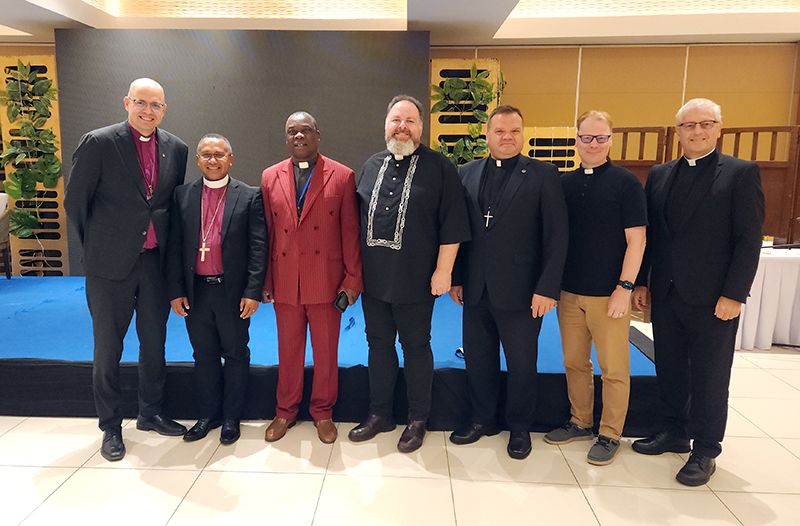
The conference also saw six observer member churches received into full membership in the ILC: the Confessional Lutheran Church – Malawi Synod (CLCMS); Lutheran Mission – Australia (LM-A); the Evangelical Lutheran Church of Kazakhstan (ELCK); the Istanbul Lutheran Church (ILK)/Evangelical Lutheran Church of Bulgaria (ELCB); the Evangelical Lutheran Church of Haiti (ELCH); and the Malagasy Lutheran Church (FLM).
Unity in Christ
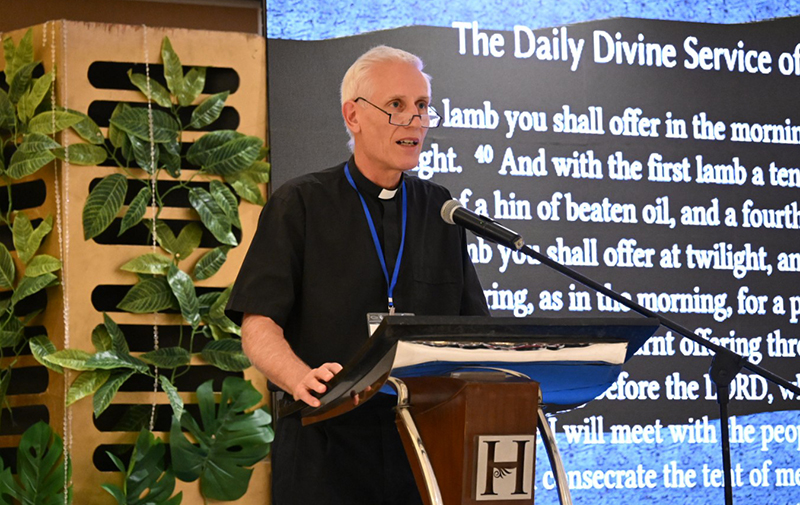
The theme for the ILC’s 2025 World Conference was “Unity in Christ: Confession and Cooperation in a Fragmented World.” The keynote speaker for the event was Rev. Dr. Thomas M. Winger of St. Catharines, Ontario, Canada, who gave a three-part presentation entitled “The Spiritual Temple,” focused on Ephesians 2:11-22.
The conference also featured several sessions with a regional focus, including an Asia Regional Focus on Shamanism and Syncretism; a Latin America Focus on migration; and an African Regional Focus on the charismatic movement. The ILC’s General Secretary, Rev. Dr. Klaus Detlev Schulz, gave a presentation entitled “Affirming Constants in an Everchanging World,” and the conference also heard presentations on history, Bible translation, and Christian publishing.
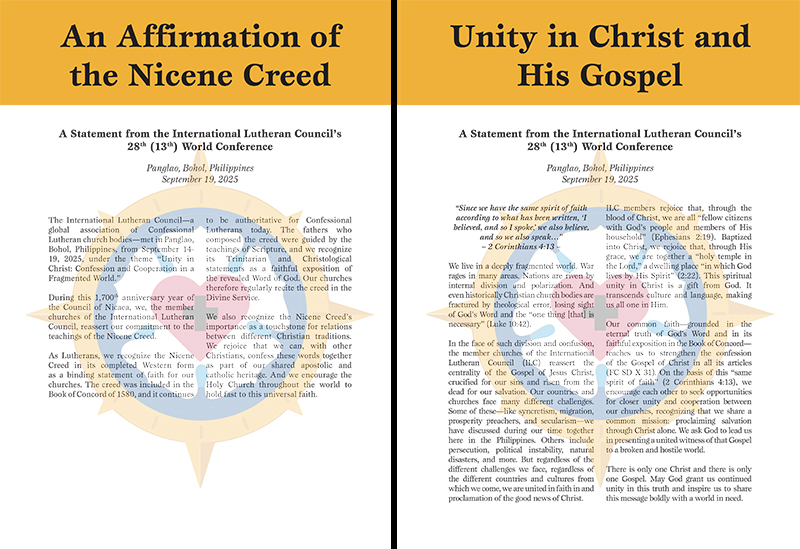
On the final day of the ILC’s world conference, participants adopted two statements: one on the Nicene Creed and the other on unity in Christ. The first of these—An Affirmation of the Nicene Creed—was adopted in light of this year’s anniversary commemorations of the Council of Nicaea. The second statement adopted—Unity in Christ and His Gospel—reflects on the theme of this year’s ILC World Conference.
———————
Full news from the ILC’s 2025 World Conference can be found here.

